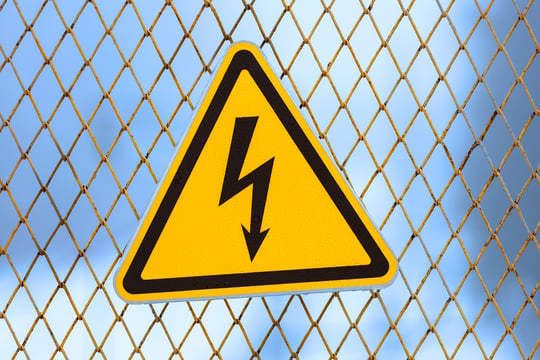In the ever-evolving landscape of industrial engineering, staying aware of the latest advancements and trends in electrical engineering is crucial for success. Industrial electrical engineers play a pivotal role in ensuring the smooth functioning of manufacturing processes, optimizing energy efficiency, and maintaining a safe working environment. In this blog post, we will delve into several key electrical engineering topics that are highly relevant to industrial engineers, offering insights and strategies to navigate the complexities of the field.
Power Distribution Systems: Enhancing Efficiency and Reliability
Industrial facilities rely on robust power distribution systems to ensure a continuous and reliable power supply. Understanding the principles of power distribution, voltage regulation, and load balancing is essential for industrial electrical engineers. Implementing smart technologies, such as intelligent switchgear and advanced control systems, can optimize energy usage and enhance system reliability.
Programmable Logic Controllers (PLCs): Automating Industrial Processes
PLCs are the backbone of industrial automation, enabling precise control over machinery and processes. Industrial electrical engineers need to be adept at PLC programming, troubleshooting, and maintenance. Exploring the latest advancements in PLC technology, such as edge computing and IIoT integration, can provide a competitive edge in optimizing manufacturing processes.
Electrical Safety: Prioritizing Worker Well-being
Ensuring a safe working environment is paramount in industrial settings. Electrical safety protocols, grounding techniques, and the use of protective  devices are critical aspects of an industrial electrical engineer's role. Staying informed about the latest safety standards and incorporating cutting-edge safety technologies, such as arc flash mitigation systems, is essential for protecting both personnel and equipment.
devices are critical aspects of an industrial electrical engineer's role. Staying informed about the latest safety standards and incorporating cutting-edge safety technologies, such as arc flash mitigation systems, is essential for protecting both personnel and equipment.
Energy Management and Conservation: Sustainability in Industrial Settings
With a growing emphasis on sustainability, industrial electrical engineers are increasingly tasked with managing and conserving energy. Exploring energy-efficient technologies, such as variable frequency drives (VFDs) and renewable energy integration, can contribute to reducing the environmental impact of industrial operations while improving cost-effectiveness.
Smart Grids and Industry 4.0: Transforming the Industrial Landscape
The integration of smart grid technologies and Industry 4.0 principles is revolutionizing industrial processes. Industrial electrical engineers need to adapt to the interconnected nature of modern manufacturing, incorporating concepts like predictive maintenance, data analytics, and cyber-physical systems to enhance overall efficiency.
As industrial engineering continues to evolve, staying informed about the latest electrical engineering trends is crucial for professionals in the field. Whether it's optimizing power distribution, implementing automation through PLCs, ensuring electrical safety, managing energy efficiently, or embracing smart technologies, industrial electrical engineers play a vital role in shaping the future of manufacturing. By staying attuned to these key electrical engineering topics and integrating them into their practices, industrial engineers can contribute to the success and sustainability of their organizations in the dynamic industrial landscape.
To learn how Radwell can support your industrial operation

